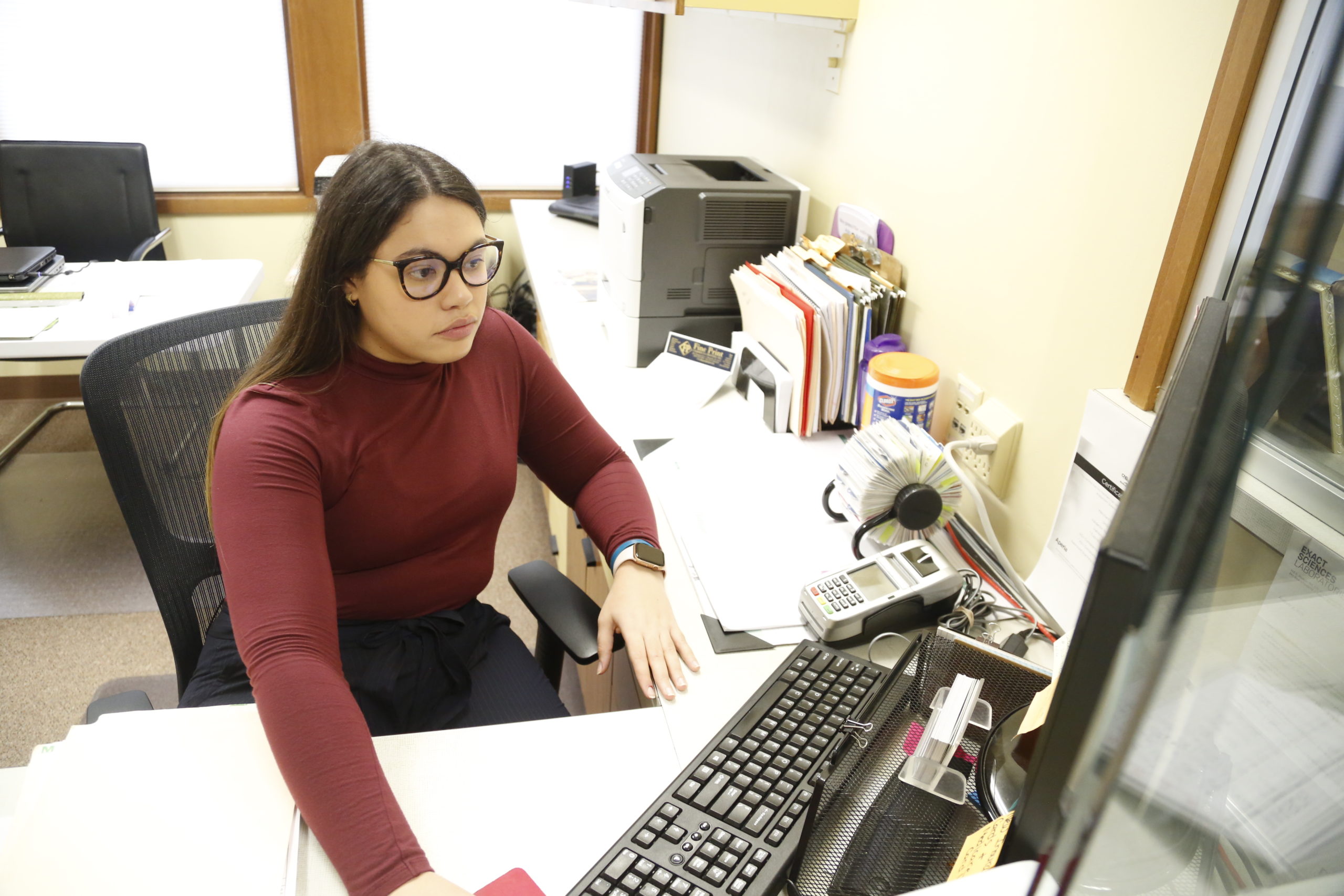Interdisciplinary Studies
Informatics Major and Minor
Society needs leaders who can harness the power of information — and use it to solve pressing challenges. The Informatics major prepares students to thrive in a world where mountains of data can shape nearly every aspect of life.
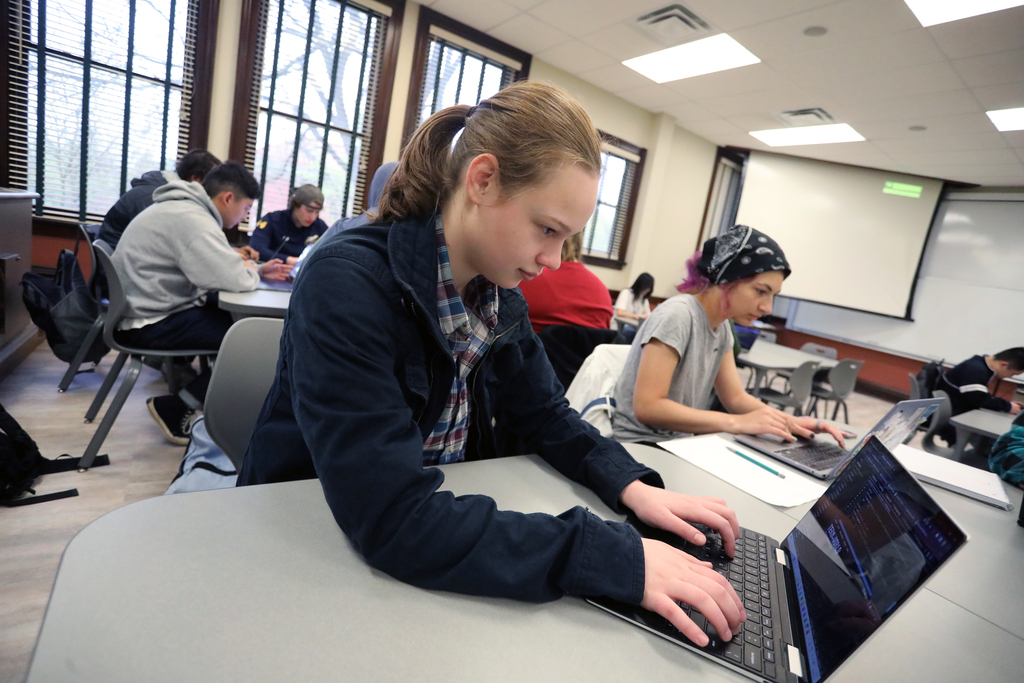
Your Four-Year Journey
Students often combine Informatics with a major or minor in Business, Communication & Cultural Studies, Economics, Mathematics, or Studio Art.
Your first year is a time to build your foundations and explore your interests! First, students take introductory computer science or communication courses to begin understanding computational and media systems. Look into introductory courses in various modules to discover what matters to you.
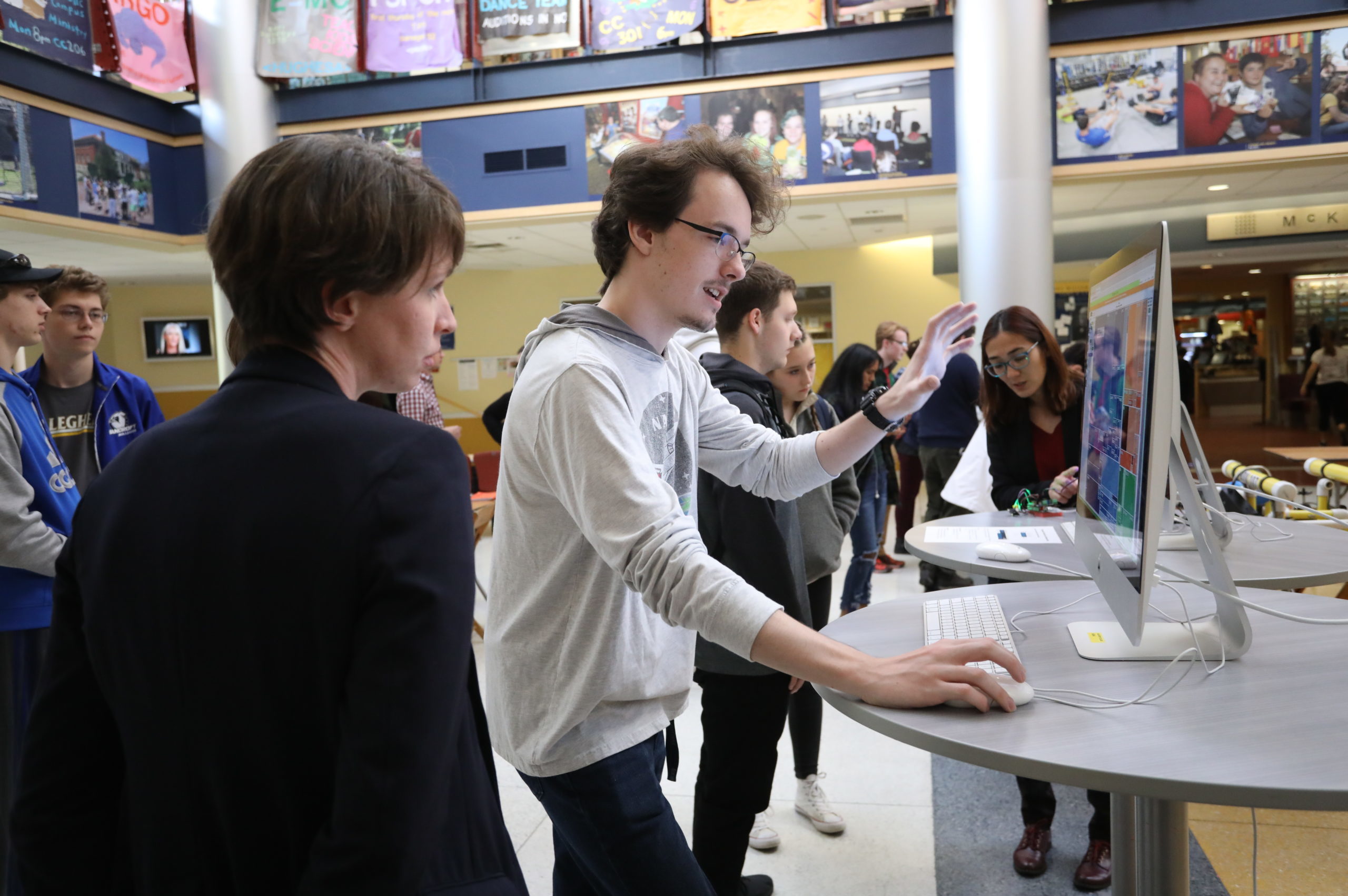
You'll continue building your foundation in your second year by taking advanced computer science, art, and communications courses. Once you declare your major and are paired with a faculty member in Informatics, you'll work with your advisor to think through your module choice.
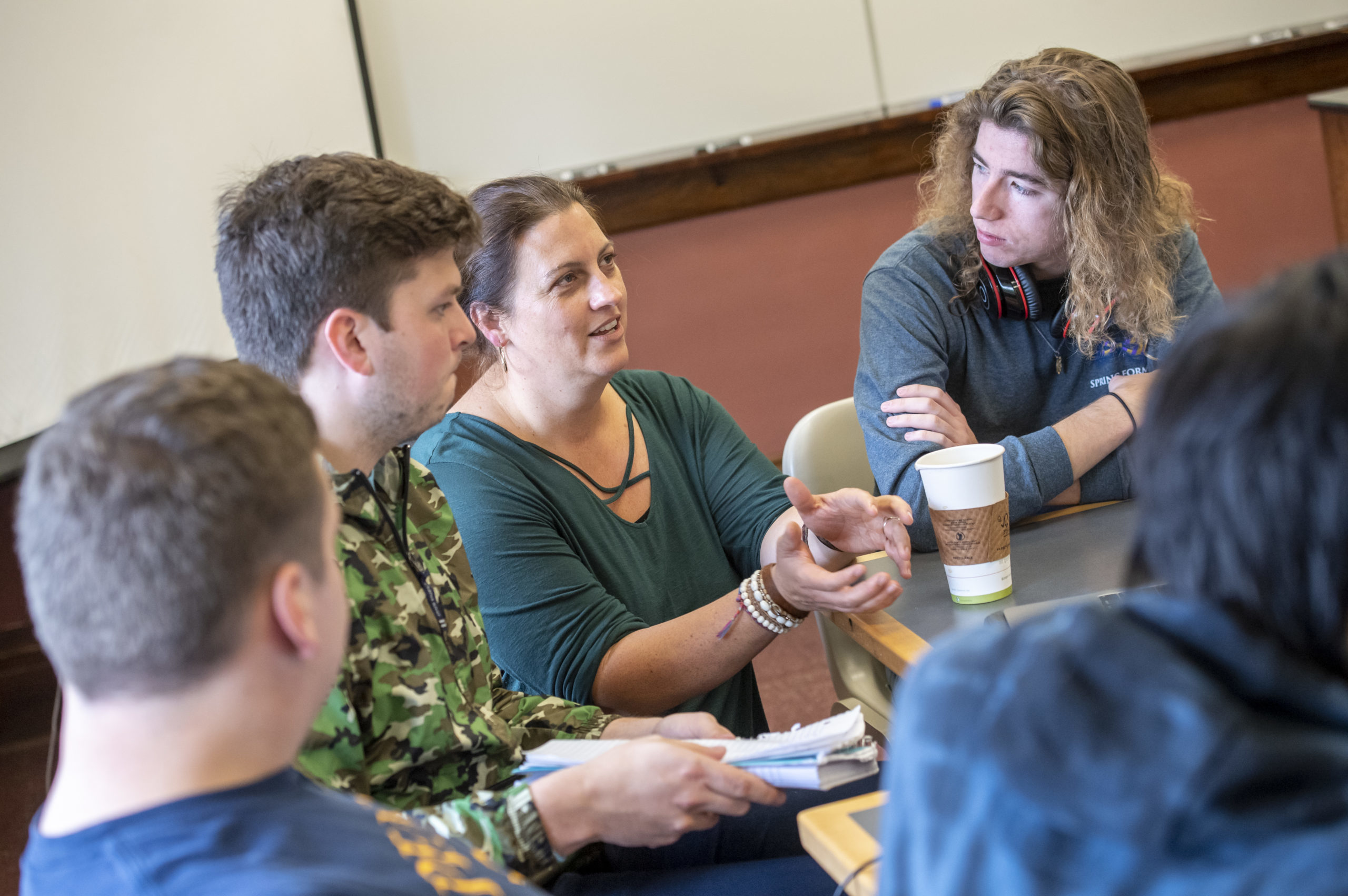
In your third year, you'll dig into your module— think about how information and computation intersect with your module of choice. Then, begin building questions about Informatics during your Junior Seminar with your advisor, who will give you the space to develop in your interest area.
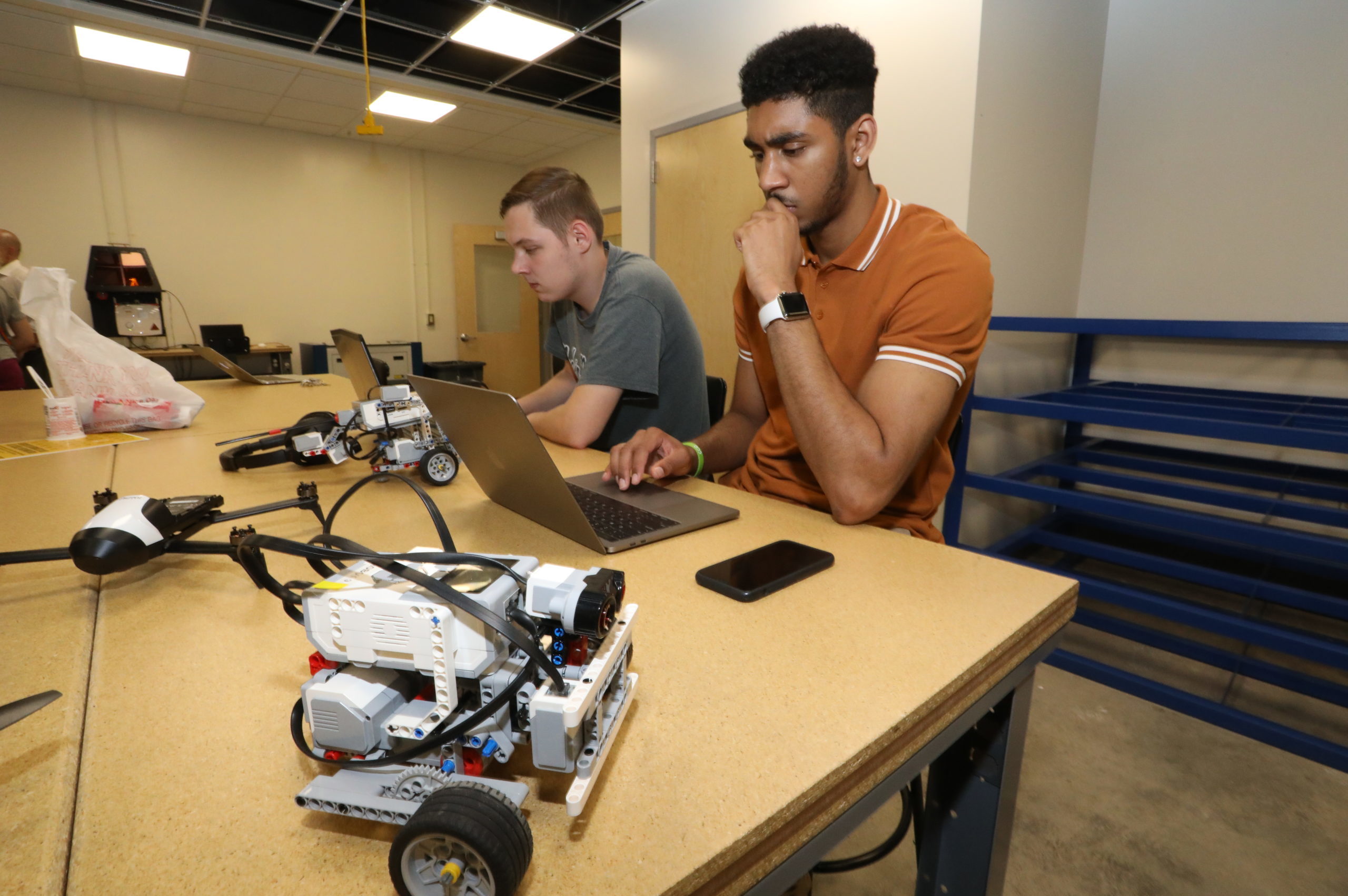
In your senior year, you'll embark on the Senior Comp, a two-semester process with INFM 600 and INFM 610. In the fall, you'll propose your project and get started on related research. Then, in the spring, you'll produce your original project!

Focus Your Studies in one of five interdisciplinary paths
Environment
Health
Marketing
Media and Visual Production
Politics
Career Outcomes
93
of Allegheny graduates are employed, in grad school, or in full-time service within six months.
80+
Acceptance rate to graduate and professional school for Allegheny students






